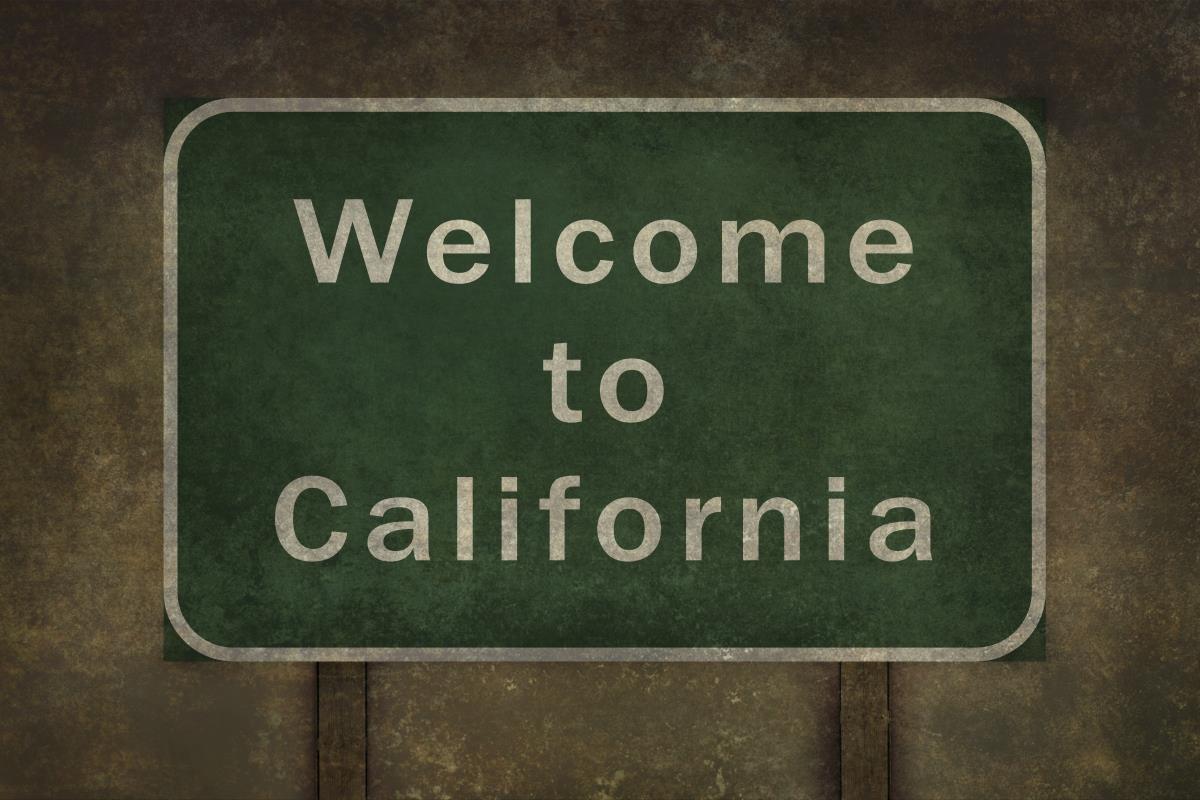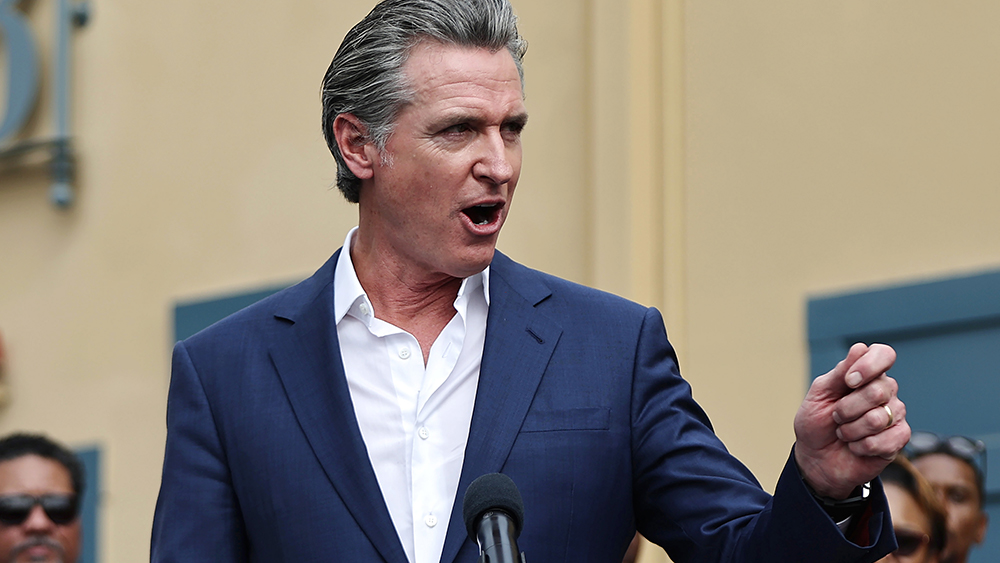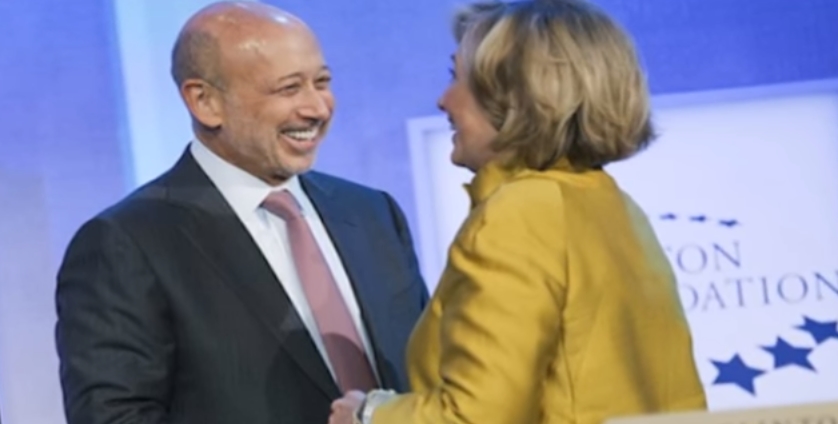
- The book "Bailout Nation" examines how the U.S. transitioned from a culture of rugged individualism to one where taxpayer-funded corporate bailouts have become commonplace, undermining principles of accountability and fairness.
- A key theme is the concept of moral hazard, where bailouts encourage reckless behavior by shielding corporations from the consequences of their actions, distorting market incentives.
- The authors trace the origins of bailouts, starting with the 1971 Lockheed Aircraft Corporation rescue, and highlight how subsequent interventions such as those during the 2008 financial crisis entrenched the "too big to fail" doctrine.
- The book critically analyzes the government's response to the 2008 crisis, including TARP and the AIG bailout, while exposing the role of lobbying, deregulation and the close ties between Wall Street and Washington.
- The authors warn of the long-term consequences of bailouts, such as socialized losses and privatized profits, and advocate for systemic reforms, emphasizing transparency, accountability and a fairer distribution of risk and reward.
In "Bailout Nation: How Greed and Easy Money Corrupted Wall Street and Shook the World Economy," authors Barry Ritholtz, Bill Fleckenstein and Aaron Task explore the transformation of the U.S. from a nation rooted in self-reliance to one where corporate bailouts have become the norm. The book delves into the origins, consequences and moral dilemmas of government interventions in the financial sector, offering a critical examination of how greed, deregulation and political influence have reshaped the economy.
The authors begin by contrasting the traditional American ideal of rugged individualism with the modern reality of corporate dependence on government rescues. They highlight how the shift from self-reliance to reliance on taxpayer-funded bailouts has eroded the principles of accountability and fairness. The book argues that bailouts, often shrouded in secrecy and lacking transparency, disproportionately benefit reckless corporations and financial institutions while burdening ordinary citizens.
A central theme of "Bailout Nation" is the concept of moral hazard – the idea that bailouts encourage excessive risk-taking by insulating companies from the consequences of their actions. Historically, market forces punished greed and poor decision-making. However, as the government increasingly intervened to rescue failing businesses, this dynamic shifted.
The authors trace the evolution of bailouts, starting with the 1971 rescue of Lockheed Aircraft Corporation, which set a precedent for future interventions. Subsequent bailouts – such as those of Chrysler, Continental Illinois Bank and the 2008 financial crisis – further entrenched the "too big to fail" doctrine, where the collapse of major institutions was deemed too catastrophic to allow.
The 2008 financial crisis serves as a focal point in the book. The authors dissect the government's unprecedented interventions, including the Troubled Assets Relief Program (TARP) and the bailout of AIG, which were justified by fears of a global economic meltdown. They also critique the role of lobbying and the close ties between Wall Street and Washington, exemplified by the Commodity Futures Modernization Act of 2000, which deregulated derivatives and contributed to the crisis.
"Bailout Nation" underscores the long-term consequences of these interventions. By socializing losses and privatizing profits, bailouts distort the incentives of capitalism, fostering a culture of recklessness and entitlement among financial institutions. The authors warn that this cycle of bailouts and risk-taking is unsustainable, threatening the stability of the financial system and undermining public trust.
The book concludes with a call for reform, urging policymakers to address the root causes of financial instability. While some advocate for stricter regulation and oversight, others argue for a return to a more laissez-faire approach. Regardless of the path forward, the authors emphasize the need for accountability, transparency and a fairer distribution of risk and reward.
Ultimately, "Bailout Nation" serves as a cautionary tale about the dangers of unchecked power and the erosion of economic principles. It challenges readers to reconsider the role of government in the economy and to demand a system that prioritizes fairness and responsibility over corporate welfare. As the authors remind us, the lessons of the past must guide our actions in the future to prevent the mistakes mentioned in the book from repeating.
Watch this video about the book "Bailout Nation: How Greed and Easy Money Corrupted Wall Street and Shook the World Economy" by Barry Ritholtz, Bill Fleckenstein and Aaron Task.
This video is from the BrightLearn channel on Brighteon.com.
Sources include:
Please contact us for more information.















